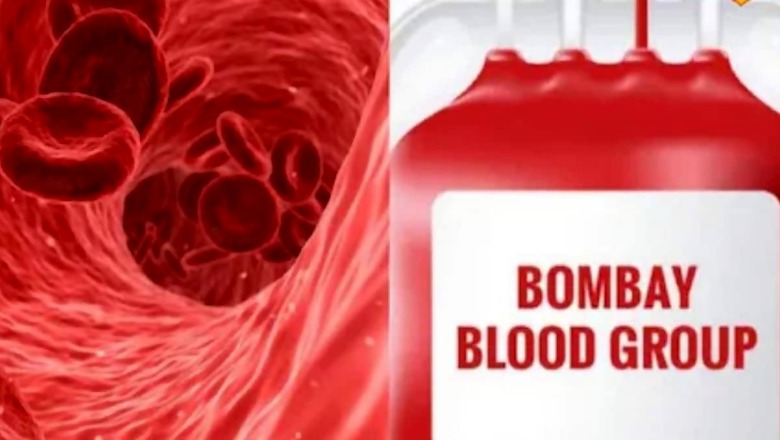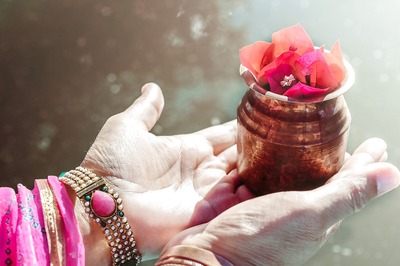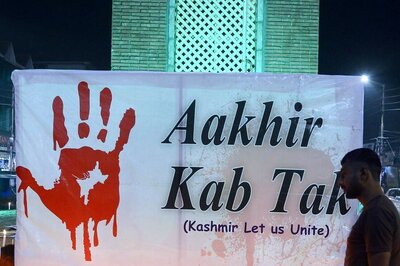
views
People are normally aware of the four types of blood groups: A, B, AB, and O. They are either negative or positive. But do you know that there is another rare blood group, that is very hard to detect and very few people have it? Yes, you guessed it right, it is the Bombay blood group. Today, let’s take a look.
Dr Meenu Bajpai of the Institute of Liver and Biliary Sciences, Delhi, shared about this rare blood group. She stated that this unusual blood group is present in just 0.0004 per cent of the world’s population. Only one out of every 10,000 persons in India has Bombay blood. It’s also known as the HH blood type or the unusual ABO blood group. However, Dr. YM Bhende identified this blood genotype in Bombay in 1952.
Speciality of Bombay blood group:
Sugar molecules are found in the red blood cells of all humans. These sugar molecules determine the blood type a person will have. However, individuals with the Bombay blood type do not produce sugar molecules in the blood cells. Therefore, they do not come from any blood group. People in this blood group have antibodies A, B and H in their plasma.
Despite being a rare blood group, people of this blood group live a completely normal life. They do not have any physical problems. It is frequently seen that the Bombay blood type is only present in persons with close family relatives. There will be only 0.01 per cent of people with this phenotype in Bombay. If the parents’ blood group is Bombay, the child’s blood group may likewise be HH.
To whom can one give blood, and from whom can one take blood?
People with this blood group can only take blood from other people with the Bombay blood group. Therefore, whoever donates blood from this blood group is often stored as it’s quite rare and finding a donor can be very difficult in any emergency. Transfusing the blood of any other group can put the life of a patient with the Bombay blood group in danger.
Importance of Blood Type:
People should know their blood group, especially if their blood group is Bombay, as it can greatly affect the treatment in case of emergency or surgery. Blood type tests can determine the presence of A, B, and H antigens in red blood cells. This enables healthcare practitioners to deliver proper treatment.




















Comments
0 comment